Manufacturing
-
Next-Generation Batteries Take Major Step Toward Commercial Viability
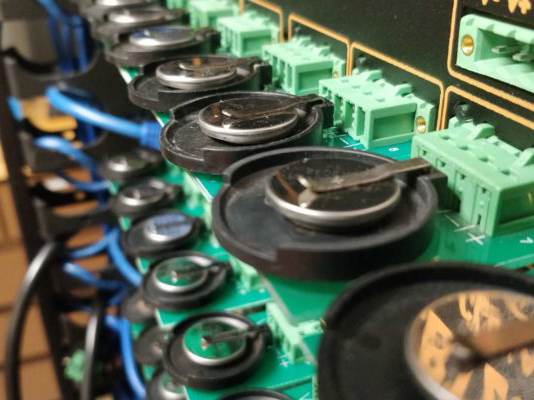
Lithium-sulfur batteries have been hailed as the next big step in battery technology, promising significantly longer use for everything from cellphones to electric vehicles on a single charge, while being more environmentally sustainable to produce than current lithium-ion batteries. However, these batteries don’t last as long as their lithium-ion counterparts, degrading over time.
-
Solving the Ventilator Shortage with Windshield Wiper Parts
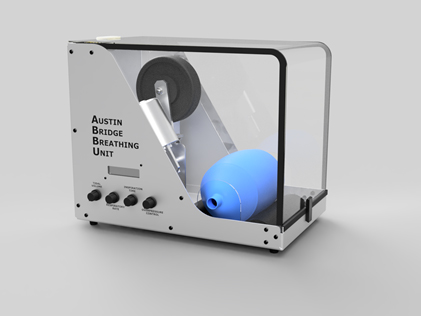
Researchers at The University of Texas at Austin are building a new type of ventilator made of cheap, widely available materials to help fill the demand created by the spread of COVID-19 for these critical devices that help patients breathe.
-
Cockrell School, Dell Med School Team Up to 3D Print Masks for Health Care Workers
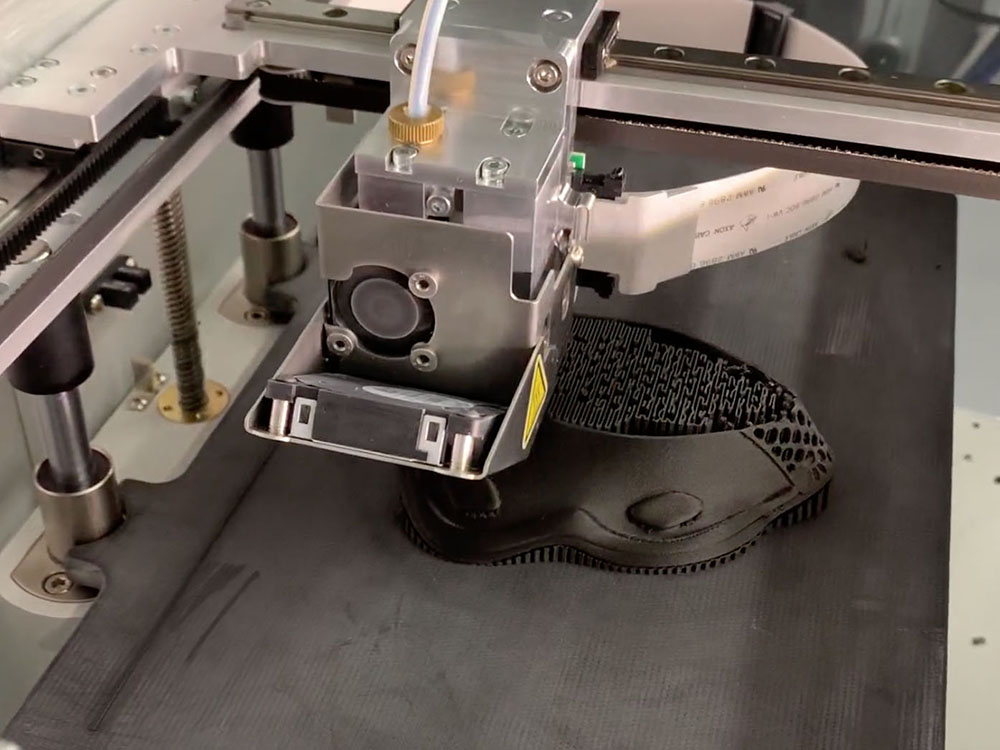
Healthcare workers treating COVID-19 patients are facing a shortage of face masks and other personal protective equipment that could shield them when exposed to the virus. A group of researchers in the Cockrell School’s Texas Inventionworks innovation hub and UT’s Dell Medical School are exploring new ways to tackle that problem by 3D printing components of these masks.
-
Could a New 2D Material Allow Semiconductors to Keep Getting Smaller, Stronger, Better and Faster?
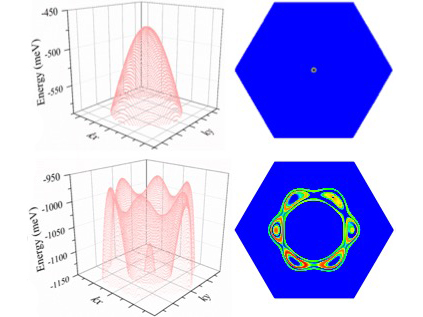
Not everything is bigger in Texas — some things are really, really small. A group of engineers at The University of Texas at Austin may have found a new material for manufacturing even smaller computer chips that could replace silicon and help overcome one of the biggest challenges facing the tech industry in decades: the inevitable end of Moore’s Law.
-
Novel Nanogels Hold Promise for Improved Drug Delivery to Cancer Patients

Researchers at The University of Texas at Austin have developed new guidelines for fabricating nanoscale gel materials, or nanogels, that can deliver numerous therapeutic treatments to treat cancer in a precise manner. In addition to enabling the delivery of drugs in response to tumors, their nanogels can target malignant cells (or biomarkers), degrade into nontoxic components and execute multiple clinical functions.
-
New Material Holds Promise for More Secure Computing
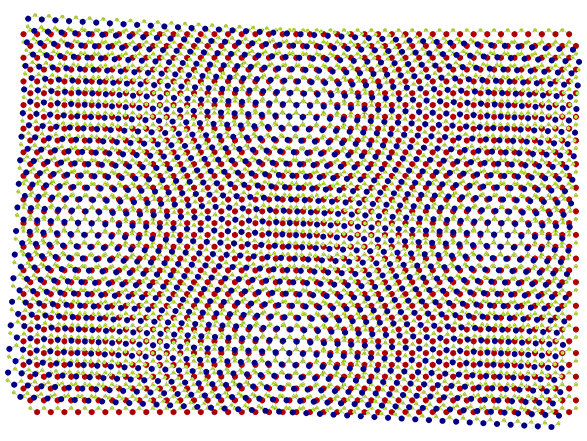
As computers advance, encryption methods currently used to keep everything from financial transactions to military secrets secure might soon be useless, technology experts warn. Reporting today in the journal Nature, a team of physicists and engineers led by University of Texas at Austin physics professor Xiaoqin Elaine Li report they have created a material with light-emitting properties that might enable hack-proof communications, guaranteed by the laws of quantum mechanics.
-
Introducing Texas Inventionworks: The New Catalyst for Innovation in Engineering
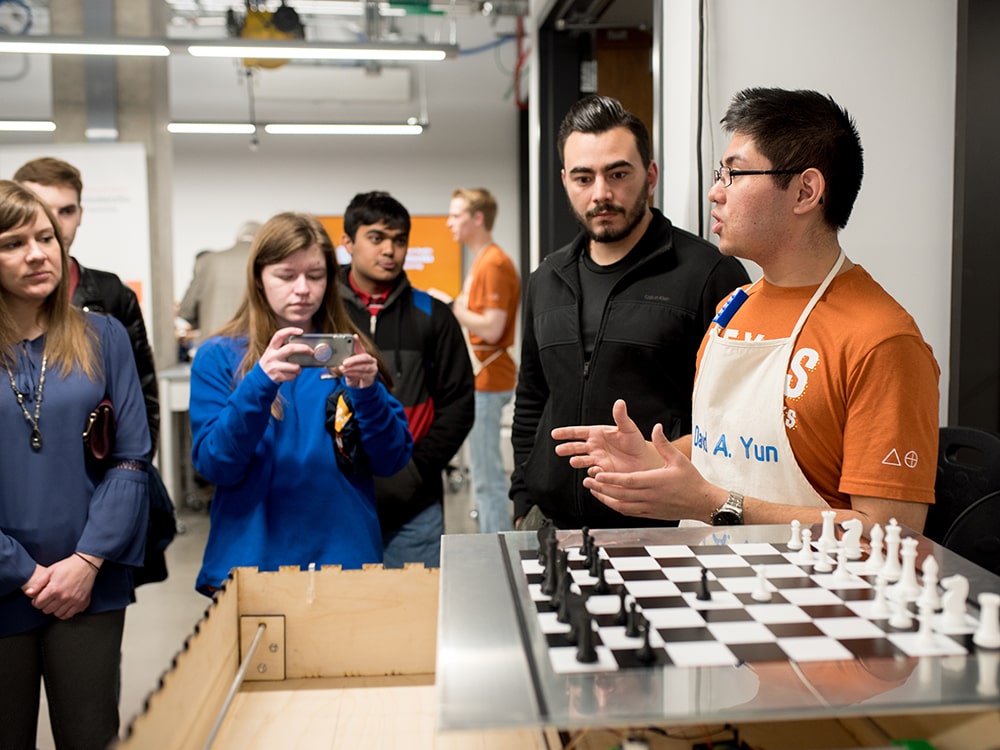
On Thursday, Feb. 21, the Cockrell School of Engineering celebrated the launch of Texas Inventionworks — a program established to introduce innovation and hands-on engineering experiences to all students, creating a new, systematic pathway for them to learn, solve problems, develop products and ultimately launch ventures.
-
Battery U
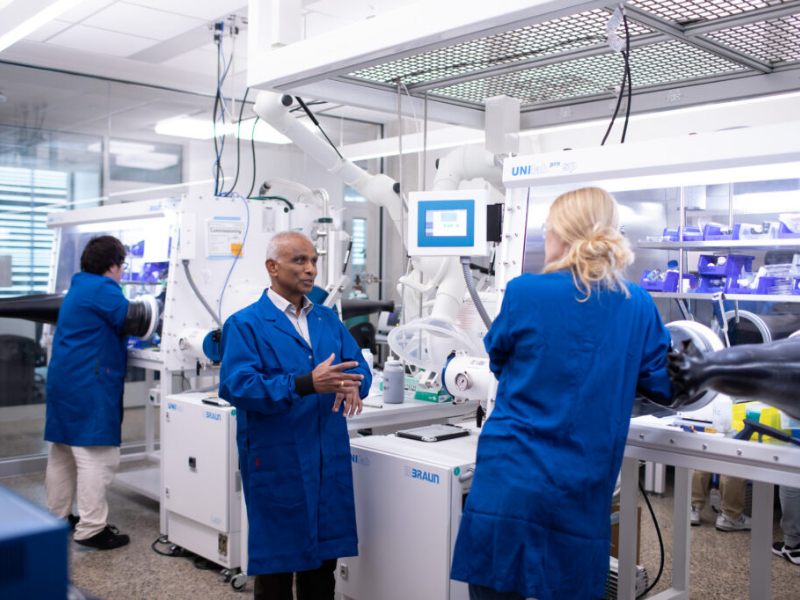
The University of Texas at Austin has emerged as a leader in batteries and energy storage, fueled by top-tier faculty and students and investment in technology and facilities.







